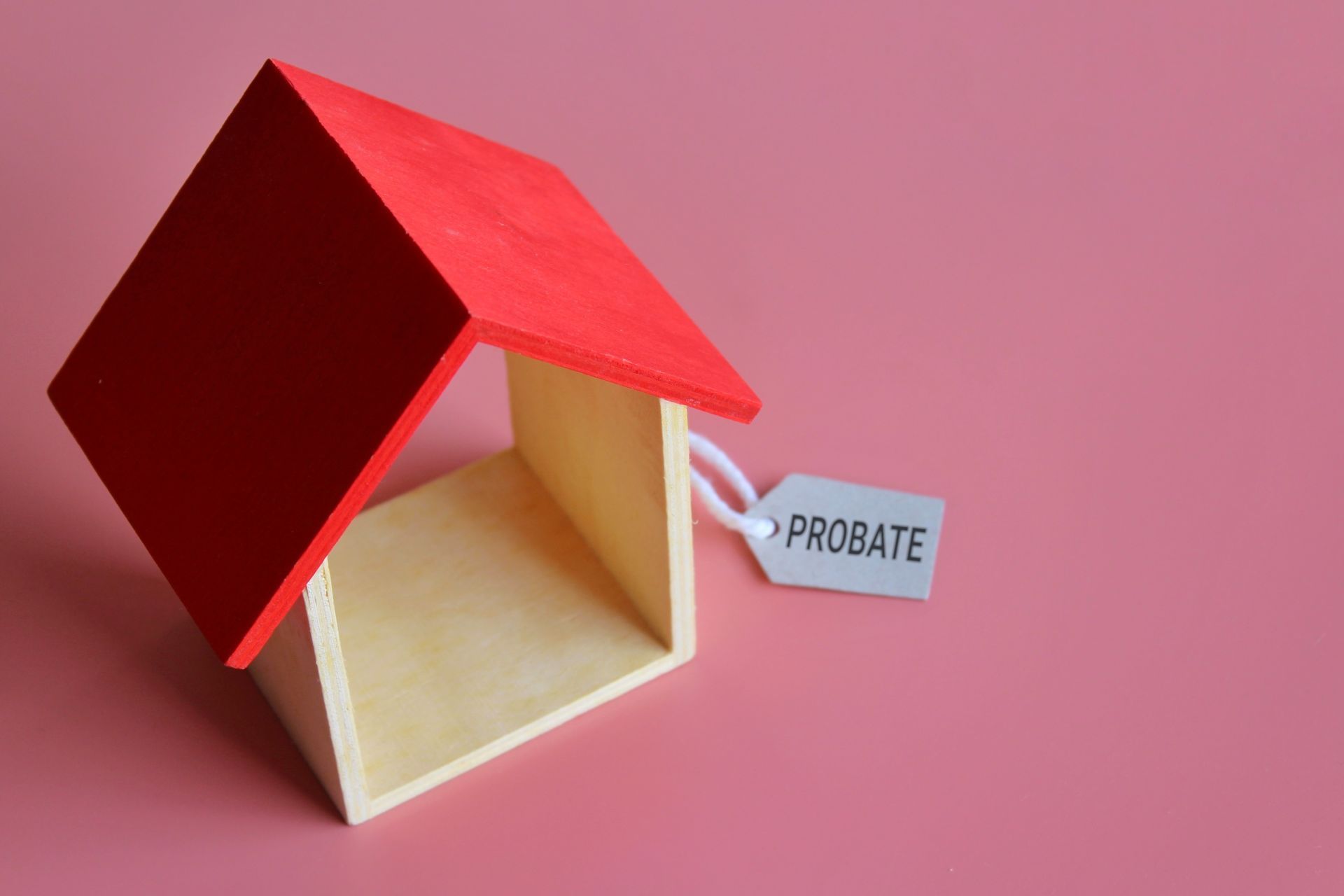Probate Administration Explained
Even if you’re young and fit as a fiddle, having an estate plan is critical to ensure the rights of your family are protected if you pass away. This is all the more true if you already have a large number of assets.
One of the main concerns for every Florida citizen in such a position is probate administration, which is necessary for the majority of large estates.
Probate can have a significant impact on your family and estate, and considering it’s a complex process, you must do everything in your power to spare your family from potential issues later down the road.
Join us today as we take a closer look at
probate administration and show you some of the best estate planning strategies that may help alleviate some of the burden on your loved ones.
What Is Probate Administration?
Probate is a legal process conducted under court supervision during which the validity of the decedent’s will is confirmed. In addition, the value of your assets will also be evaluated during this process and used to pay off any outstanding debts. Lastly, the remainder of the estate gets distributed to the beneficiaries per the instructions in the will.
Probate administration gets more complex if the decedent passes away without leaving the will (aka. died intestate). As no documentation outlines the person’s wishes, the court will take control over the proceeding and decide how your assets will get distributed under state intestacy laws.
Is Probate Always Necessary?
It depends on different factors, such as the value of your estate and how you set up an estate plan. Failing to make proper arrangements, your estate will likely be subject to probate administration.
In other words, you can take advantage of favorable
estate planning strategies to make things easier on your family once you’re no longer around. While there’s no guarantee that you’ll avoid probate (consult an estate planning attorney on that), you can at least simplify it and protect your assets from creditors.
What Assets Are Subject To Probate?
Estate planning is effective, but it can only accomplish so much. According to Florida laws, some assets have to go through probate, including:
- Assets designated for a beneficiary who passed away: in some cases, a beneficiary designated in a will passes away before the grantor. If the will remains unchanged, the assets they would have inherited must go through probate and are subject to intestacy laws.
- Non-titled property: assets without paperwork are designated as non-titled property. This includes general items, clothing, appliances, and furniture.
- Sole-titled property:
assets titled solely in your name will go through probate administration. You can add designations to the title of these assets to avoid probate (we’ll cover that a bit later).
- Investment property with shared ownership: a good example is properties shared with a spouse titled as tenants in common. If your will doesn’t include instructions as to the division of these assets, the probate court will determine who is entitled to inherit your share.
What Assets Are Exempt From Probate In Florida?
Although assets are rarely exempt from probate by design, your estate plan can increase the amount of assets transferred directly to your beneficiaries. Here are some examples:
- Assets owned by a living trust: living trusts are the most common estate planning tool because they allow you to title your property to the trust, which technically transfers their ownership. Thus, any assets inside a living trust will automatically go to the people designated as beneficiaries in the trust documents.
- Items with named beneficiaries: certain assets allow you to name beneficiaries, and as such, they’re not subject to probate. A common example of this is insurance policies with beneficiaries.
- TOD and POD transfers: transfer on death (TOD) and payable on death (POD) are designation methods available for assets like stocks, bank accounts, and vehicles (among many others). These designations allow you to bypass probate administration by transferring the assets directly to your beneficiaries.
- Jointly-owned property: by using the survivor’s rights designation, you can title property as jointly-owned, thereby automatically transferring them to the survivor upon death.
Why You Should Try Your Best To Avoid Probate
Using different strategies, you can limit the amount of assets in your estate subject to probate administration. While you don’t directly benefit from this, your family will have a lot less hassle to contend with after you pass away.
Probate can be costly, so avoiding it saves your loved ones a lot of money on personal representative fees, legal fees, administrative expenses, and so on. It’s also worth stressing that a solid estate plan also speeds up the process, which not only eliminates the stress but keeps the fees from spiraling out of control.
The last reason why you should consider avoiding probate is to preserve your family’s privacy. Probate proceedings are public records, which means that anyone can access information on who inherited your estate.
Best Techniques For Avoiding Probate
The easiest way to protect your assets is to put them inside a living trust. As we briefly mentioned, these assets are owned by the trust and are not subject to probate.
Once you speak to an estate planning attorney, you’ll learn that the biggest challenge is reducing the size of your estate while retaining the ownership. This is why attorneys often suggest a strategic approach to bring down your estate to a value under $75k because then, it only has to go through summary administration. You can view summary administration as a simplified
version of probate that is a lot cheaper too.
You can also gift your assets to planned beneficiaries while they’re still alive, thereby eliminating them from your estate and reducing the overall value of your total estate.
Similarly, a useful technique is to title your assets as POD or TOD, which helps easily transfer vehicles and bank accounts to your beneficiaries.
Lastly, titling assets as joint tenancy with rights of ownership, community property with the right of survivorship, or tenancy by entirety, will spare them from probate.
Provide Your Family With Peace Of Mind
Probate administration can be significantly simplified or outright avoided through smart estate planning. The question is, who will you trust to provide you and your family with this hard-to-achieve peace of mind?
You can’t go wrong with
Doane & Doane.
As tried-and-true experts in the Florida legal scene for more than twenty years, we have a reputation of providing unparalleled legal services. Our experience allows us to spare your assets from costly
probate through strategic planning and use of all the legal tools available.
You worked hard so your family is provided for, and your estate planning will simply be an extension of your dedication to your loved ones.
Start planning for tomorrow - call 561-656-0200 or fill out our
contact form.
Note:
The information in this blog post is for reference only and not legal advice. As such, you should not make legal decisions based on the information in this blog post. Moreover, there is no lawyer-client relationship resulting from this blog post, nor should any such relationship be implied. If you need legal counsel, please consult a lawyer licensed to practice in your jurisdiction.
Disclaimer: The information on this website and blog is for general informational purposes only and is not professional advice. We make no guarantees of accuracy or completeness. We disclaim all liability for errors, omissions, or reliance on this content. Always consult a qualified professional for specific guidance.
RECENT POSTS






